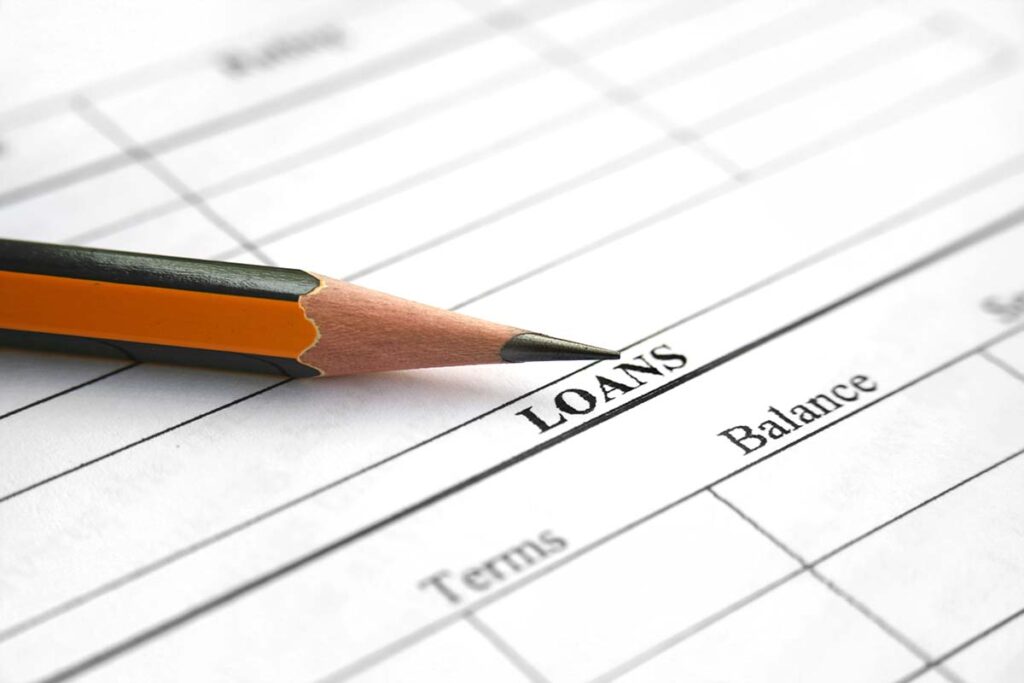The SBA announced late Tuesday that any borrowers that received a COVID Economic Injury Disaster Loan (EIDL) in any of the eligible periods between 2020 and 2022, will now receive automatic deferment of loan payments for a total of 30 months, up from the previous deferment period of 24 months. The deferment period begins on the inception date of the loan and interest does continue to accrue through the entire deferred period.
This is intended to provide additional relief to small businesses that may have relied upon EIDL money, in addition to other COVID-related stimulus dollars they received and may still be relying upon as businesses and organizations navigate the lengthy process of recovery.
A few important things to keep in mind with news of this extended deferment period:
- EIDL borrowers may make partial or full payments on these loans at any time, even during the deferment period. The SBA recommends using www.pay.gov to make these payments.
- There is no prepayment penalty associated with EIDL. This means organizations can choose to pay off the loan in full at any time before the maturity date of the loan, and they would not be subject to any penalties.
- If you aren’t sure where your EIDL currently stands, existing borrowers can set up an account through the SBA Capital Access Financial System to track account balances and payment due dates.
- Existing EIDL borrowers should expect to see regular payment reminders via email from the SBA. The SBA will not be sending monthly payment notices via snail mail.
For more information related to EIDL, the SBA’s website provides great resources in the form of FAQs, data analysis, and links to additional resources.


